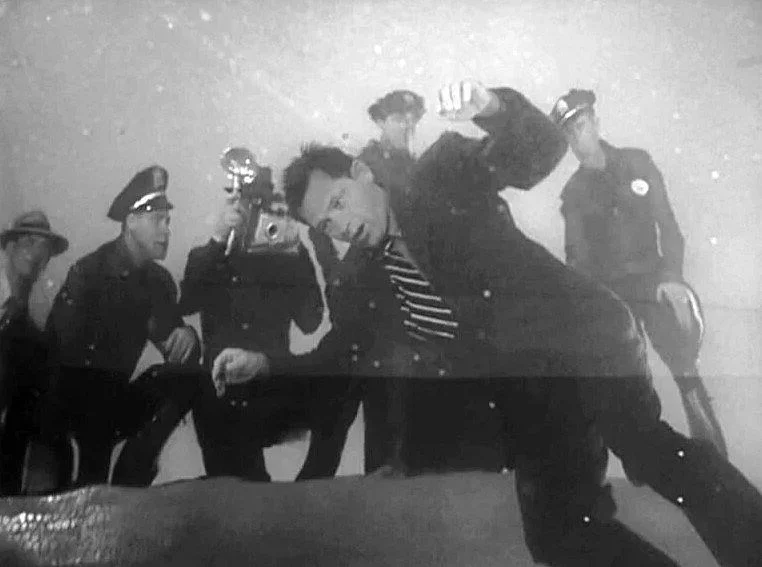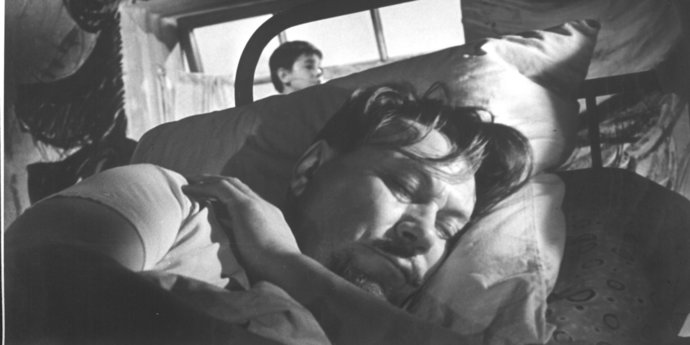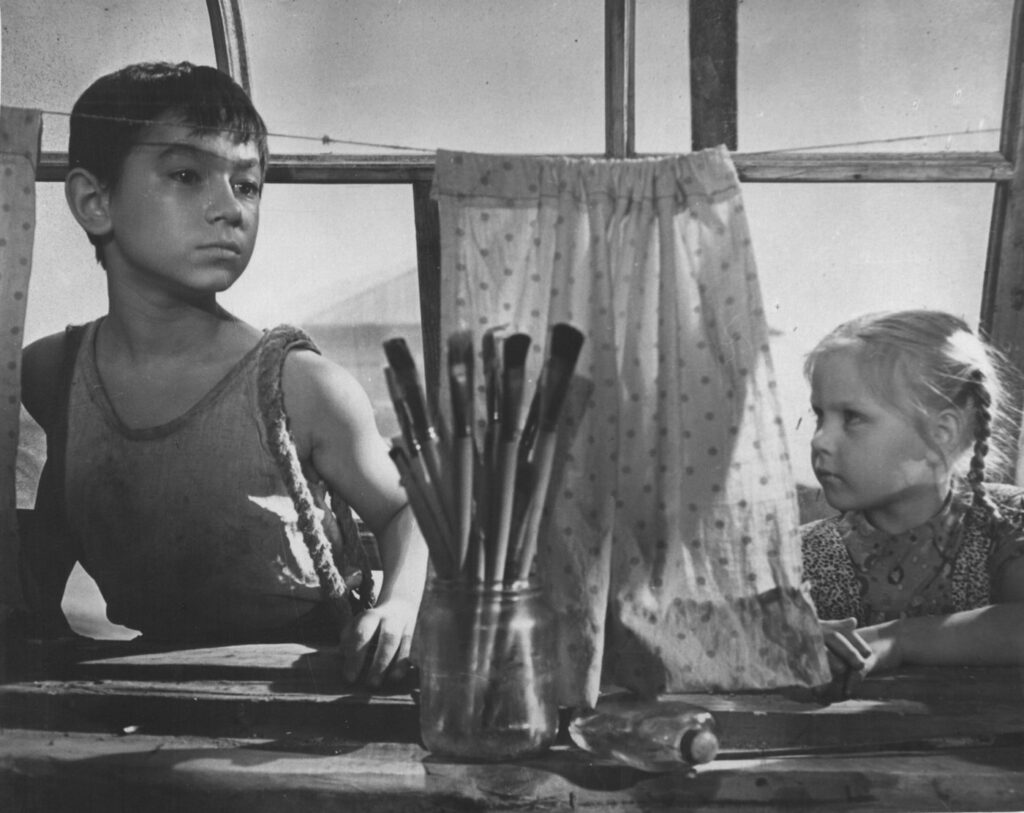My latest column for Caimán Cuadernos de Cine, submitted in early February 2024:

A short Paris holiday — mostly devoted to seeing old friends, but also including a Zoom lecture on Billy Wilder’s Ace in the Hole for students in Atlanta. It’s a temporary escape from the viper’s nest of Trumpland, and I’m sufficiently solipsistic as an American to think I’m far enough away from the bad vibes of Billy Wilder to experience them differently, as an egotistical form of self-hatred.
Kirk Douglas, a disgruntled counterpart to the nasty reporters of The Front Page (a later Wilder project, reflecting his own past as a Viennese scandal-monger), is stuck in a dull position at a New Mexico newspaper until he gains exclusive access to a man trapped in a remote desert cave. Eventually he causes the man’s death by delaying his rescue, meanwhile trumping (pun intended) his big-city competitors and attracting many credulous, sensation-hungry tourists. Simultaneously celebrating and castigating this antihero’s ruthlessness is the quintessential Wilder “touch”.
Douglas’s self-hatred recalls William Holden’s failing screenwriter who becomes a gigolo (related to another seedy part of Wilder’s European background) in Sunset Boulevard, whose success made Ace in the Hole possible. Each antihero is killed after his self-hatred becomes most evident, literally facing us as a fallen corpse at the film’s end,

A man believing Trump was sent to Earth by Jesus was recently asked if he minded being called a disciple. No, he replied, because all of Jesus’s disciples were “trash”. I finally discover a welcome alternative to this glib self- disparagement when my oldest Paris friend, Bernard Eisenschitz, gives me his latest book, Boris Vassilievitch Barnet (Les Editions de l’Oeil, 2024). His Introduction cites “le magnifique ‘dernier film’ qu’est La Petite Gare,” which I’d never seen.

Downloading it under its English title Whistle Stop from a pirate site, I discover that this warm, cheerful 1963 comedy about Pavel Pavlovich –- an urban academic whose doctors urge him to rest in a remote village and resume his youthful passion for painting — is basically a celebration of socialism and community, as are my favorite Barnet features, Okraïna/Outskirts (1933) and By the Bluest of Seas (1936). The slapstick comedy of Whistle Stop — about interactions between Pavel Pavlovich and villagers, including the efforts of two children to build him a stove — reminds me of a remark by the late critic-curator Peter von Bagh, a good friend of both myself and Bernard: that the title of Godard’s late film, Film Socialism (2010), was in fact a tribute to the two great failed aspirations of the 20th century, cinema and socialism — two forms of living and dreaming collectively.

